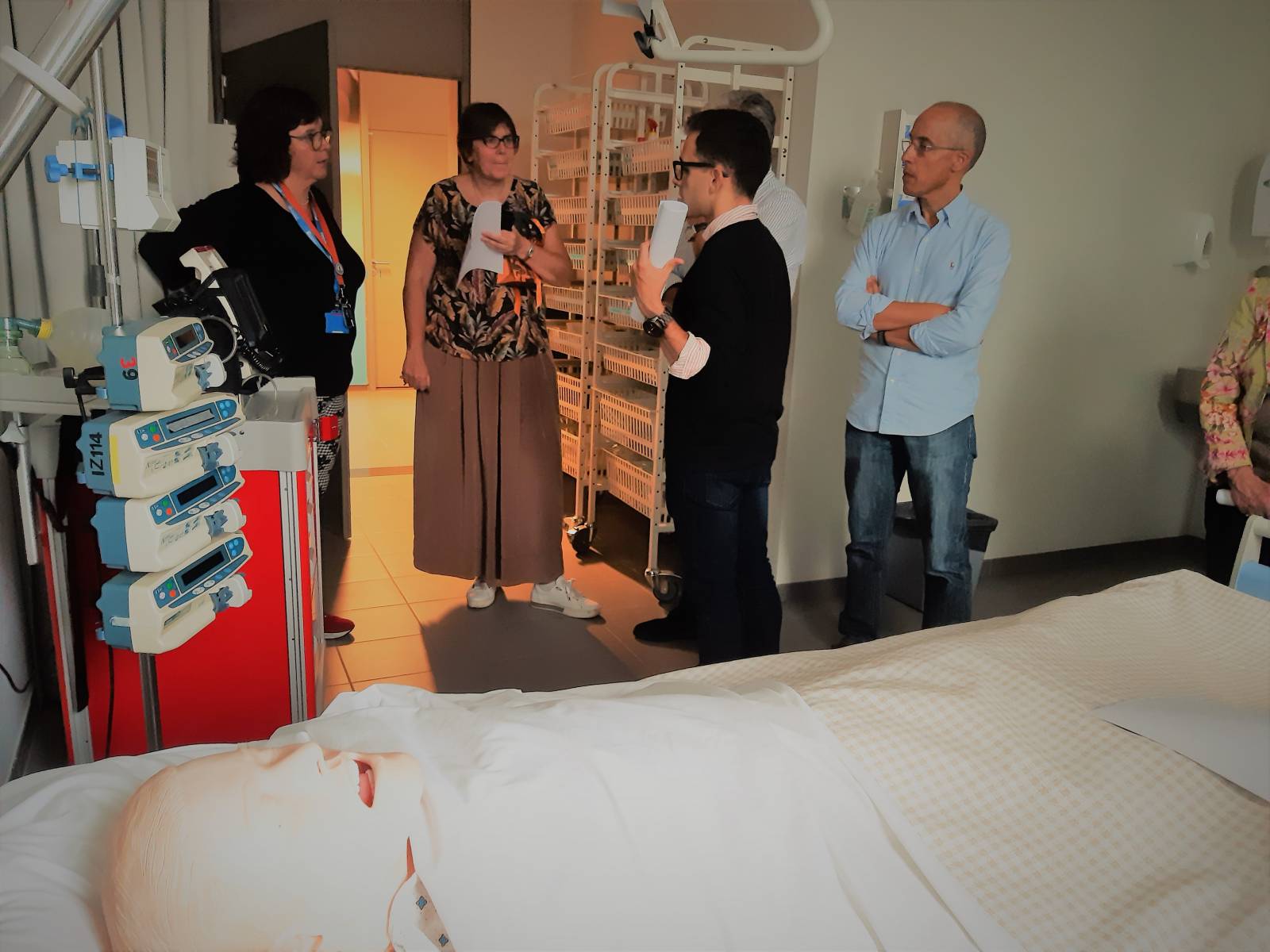Coaching and teaching sessions in the piloting included theoretical background on the framework, key consepts, the coaching models and ethical considerations trough short lectures, pre-study readings and videos. Students practiced through scenarios, with drama, patient cases simulations, and discussions. Reflection both individually as with peers was key element for learning. Evaluation forms gave further information on their learning through the model implementation.
In first wave of piloting, focus was on developing coaching skills in general, and practicing was done in face to face situations, although coaching through digital forums or aspects of digital self-management applications was included in some scenarios. Some participants used video recording of the coaching practice to support student’s own self-evaluation, which was found useful.
Practicing coaching situations was found necessary
Practicing coaching among fellow students during piloting made students aware of how real counselling session can be and of some challenges they may face. Students found it challenging to use open ended questions, to let the coachee to find their own solutions and respect their choises. Also as second year students, the participants felt the lack of professional skills challenging. As coachee they appreciated being asked open ended questions and found difficult to get motivated and staying open minded.

More coaching, less teaching
Piloting gave the project group valuable information and lessons learned about application of the model. Use and practice of the model is difficult for students in early stages of studies, as they need the theoretical knowledge of the substance to apply into patient coaching. In September meeting in Antwerpen, project team formed local plans about ways to integrate elements of the model in different stages of studies – forming a process of becoming a competent professional in digital patient coaching. Also, points of development for practical implementation were learned, related to pre-required studying, written reflection, self-evaluation task and forming more opportunities for revceiving and giving feedback. An important challenge for all is to keep focus on coaching skills, rather than in theoretical knowledge about it: More coaching, less teaching!
Plans for second wave of piloting are being developed locally, and ideas as well as local limitations were shared in the transnational meeting in September. There were inspiring ideas for inclusion of real patients and applying the model during practical placements, as well as adding different approaches to use technology and digital tools and applications in the coaching practice.

